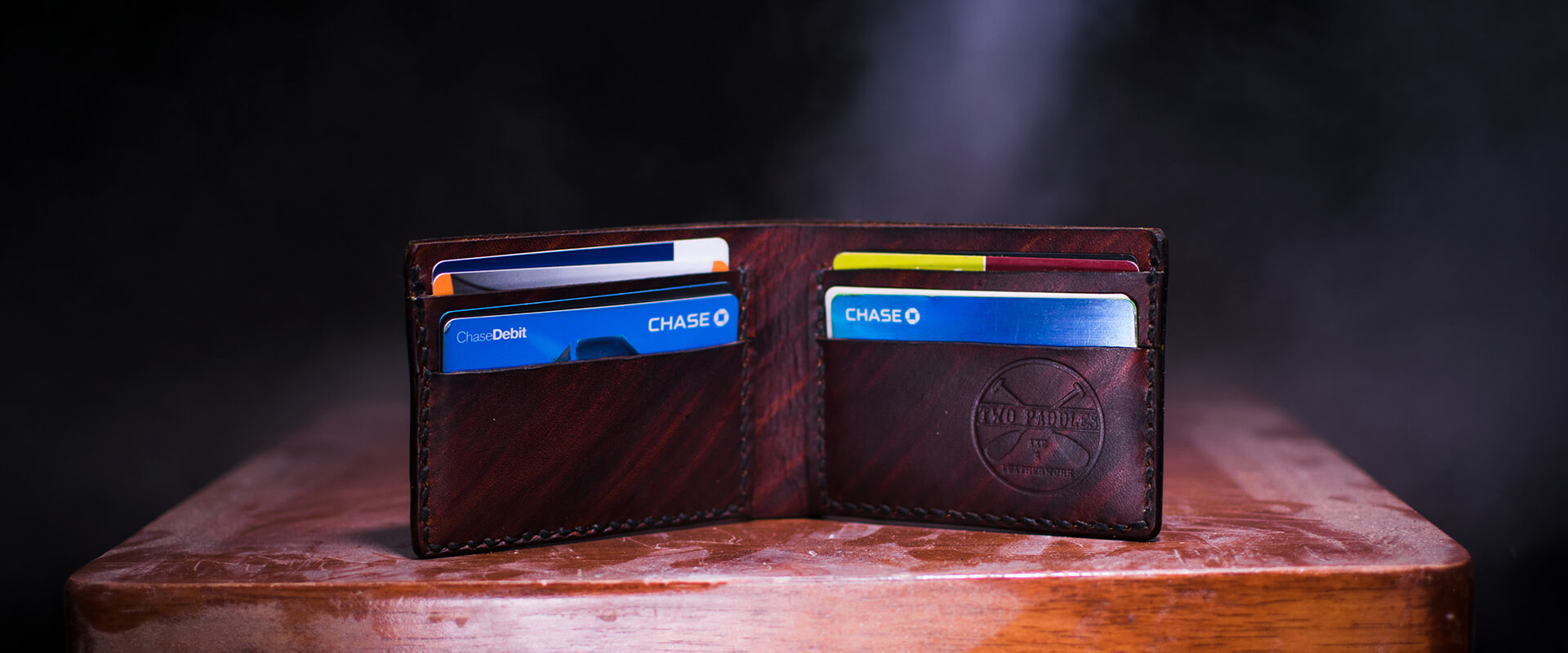
Credit Scores: How Credit Cards Affect Your Credit
Credit scores play a significant role in your financial life, impacting everything from loan approval to interest rates and even housing or job applications. One of the most important factors that influence your credit score is how you manage your credit cards.
Used responsibly, credit cards can help you build a solid credit history. Misuse them, however, and they can quickly lower your score, leading to costly financial consequences.
In this article, we’ll explore how credit cards affect your credit score – both positively and negatively – and provide tips on how to manage them effectively.
What is a Credit Score?
Before diving into how credit cards impact your credit, it’s important to understand what a credit score is. A credit score is a three-digit number ranging from 300 to 850, based on your credit report.
It’s calculated using various factors, including your payment history, amounts owed, length of credit history, new credit, and types of credit used. The higher your score, the better your creditworthiness in the eyes of lenders.
The most common credit scoring models are “FICO” and “VantageScore,” both of which use similar criteria to assess your creditworthiness.
The Relationship Between Credit Cards and Your Credit Score
Credit cards affect your credit score in several ways. Each time you use a credit card, whether you're making payments or applying for new credit, it influences different factors that contribute to your overall score.
1. Payment History (35% of your score)
Your payment history is the most important factor in determining your credit score. It reflects whether you pay your credit card bills on time. Even one missed payment can significantly hurt your score, especially if it’s reported as more than 30 days late. On the flip side, consistently paying your credit card bills on time helps build positive payment history, which improves your score over time.
How to manage it: Setting up automatic payments or reminders can help ensure you never miss a payment. And always pay off your balance. If you’re only paying the minimum balance, it will cost you in interest payments and also ruin your credit.
2. Credit Utilization (30% of your score)
Credit utilization refers to the amount of credit you are using compared to your total available credit. It’s recommended to keep your credit utilization ratio below 30%. For instance, if your total credit limit across all cards is $10,000, you should aim to use no more than $3,000 at any given time.
High credit utilization signals to lenders that you may be over-relying on credit and could struggle to repay it – which can lower your score. Conversely, low utilization indicates you’re managing your credit responsibly.
How to manage it: Keep track of your balances and commit to pay off your credit cards in full each month. If that's not possible, try to keep your balance under 30% of your total credit limit to avoid damaging your score.
3. Length of Credit History (15% of your score)
The length of your credit history includes the age of your oldest credit account, the age of your newest account, and the average age of all accounts. A longer credit history generally helps boost your credit score, as it gives lenders more data to assess how you've handled credit over time.
How to manage it: If you have older credit cards, try to keep them open, even if you don’t use them frequently. Closing older accounts can shorten your credit history and lower your average account age, which may hurt your score.
4. New Credit (10% of your score)
Each time you apply for a new credit card, it triggers a "hard inquiry" on your credit report, which can temporarily lower your score. Additionally, opening several new accounts in a short period can suggest financial instability to lenders, potentially lowering your score further.
How to manage it: Be selective when applying for new credit cards. Only apply when you truly need credit, and try to limit new applications to prevent too many hard inquiries on your credit report. A general rule is no more than 2-3 hard inquiries per year.
5. Types of Credit Used (10% of your score)
Lenders like to see that you can handle different types of credit responsibly. Credit cards are a form of revolving credit, which can positively impact your score when combined with other types of credit, such as installment loans (like auto loans or mortgages).
How to manage it: While you shouldn’t open different types of credit accounts just to improve your score, responsibly managing both revolving credit (like credit cards) and installment loans will positively affect your credit mix.
Positive Effects of Credit Cards on Your Credit Score
When used responsibly, credit cards offer several benefits for your credit score There they are:
- Building a Credit History
Credit cards provide one of the easiest ways to start building a credit history, especially if you're new to credit.
- Improving Credit Utilization
If managed well, credit cards help you maintain a low credit utilization ratio, which positively affects your score.
- Boosting Payment History
Paying your credit card bills on time every month helps you build a positive payment history, which can lead to a higher credit score over time.
Negative Effects of Credit Cards on Your Credit Score
When used responsibly, credit cards offer several benefits for your credit score There they are:
- Missed Payments
Even a single missed payment can cause a significant drop in your score and remain on your credit report for up to seven years.
- High Balances and Utilization
Carrying high credit card balances or maxing out your credit cards can hurt your score by increasing your credit utilization ratio.
- Applying for Too Many Cards
Each credit card application results in a hard inquiry, and too many inquiries within a short time can lower your score.
Bottom Line: How to Use Credit Cards to Improve Your Credit Score
The basics of using credit cards to boost your credit score are simple:
- Make On-Time Payments: Pay your bill on or before the due date every month. Being even a few days late can damage your credit score.
- Keep Balances Low: Pay off your credit card in full each month to avoid interest and maintain a low credit utilization ratio.
- Avoid Opening Too Many Accounts at Once: Apply for credit only when needed, and space out applications to avoid a series of hard inquiries.
- Keep Old Accounts Open: Don’t close credit cards, especially your oldest accounts, unless absolutely necessary. Older accounts help increase the average length of your credit history.
- Monitor Your Credit Report: Regularly check your credit report to ensure accuracy and to spot any signs of identity theft or errors that could be affecting your score.


